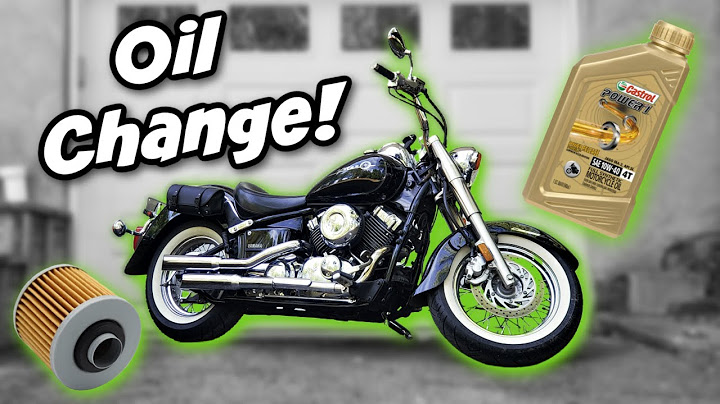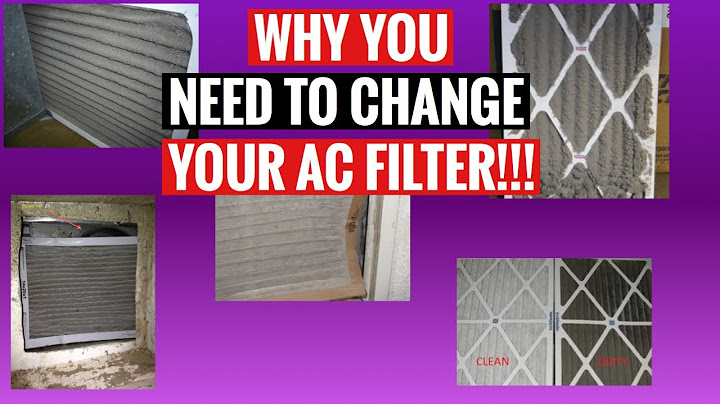HVAC | May 6, 2022 The short answer is according to most air filter manufacturers and HVAC companies, you should change your air filter every 30 days when you're using less expensive fiberglass filters. HVAC filters are used in your home's heating and cooling system. They
play an important role in maintaining its temperature and indoor air quality. They also work to remove dust, pollen, pet hair, and other small particles from the air so that you don't breathe them in. Your HVAC air filter will basically trap airborne contaminants to prevent them from being recirculated throughout your house. How often should you change your filter? We'll cover this and more here. More
expensive pleated air filters can get away with being changed up to every six months. These general guidelines don't take into account filter sizes or types like thicker filters or smaller filters. Therefore, it's recommended to never let an air filter go unreplaced for longer than 90 days. Why's that? Well, an old filter will naturally collect more dust, dirt, and allergens than a new one, causing the filter efficiency to decrease. If you're an allergy sufferer, you'll want to make sure you take note of how often you change your filters and always make sure you're using the right filter type. If you don't suffer from allergies, let's find out if you should be replacing your HVAC equipment more often than you realize. Reasons You Should Change Your HVAC Air Filter More OftenHere are some of the major reasons you should be changing your old filter more often. Allergies & AsthmaPeople with allergies or respiratory conditions such as asthma and COPD can be affected by a dirty air filter as their lungs are more sensitive to dust and debris. This can, unfortunately, sometimes lead to severe health issues, including asthma attacks. It's recommended the average use of your air filters is between 20 to 45 days. Any longer periods than that can be detrimental to health. PetsMany homeowners don't just live with people, they live with pets, too. Whether it's just one pet or a full house, animals can shed hair and other particles that can quickly clog up filters. As a general rule, it's recommended you change your HVAC equipment (we're talking filter traps, air filters, furnace filters, etc.) every 60 days. Size of the HomeThe size of your home depends on how often you change your air filter. For example, a furnace filter or air conditioning system in smaller homes is required to pump less air for the same amount of temperature change compared to bigger homes, which naturally will be required to pump more air. This means smaller homes need fewer filter changes and vice versa. However, do not rely upon this logic all the time - you should still regularly check them to see if they need replacing. Related: What Size HVAC System Is Right For My Home? HVAC System UseHere's some more logic for you - the more you use your HVAC system, the faster filters will clog up. The more cycles it goes through means trapping particles will increase. So, frequent filter use means they will fill up quickly during these high-use periods. As winter turns into summer, you'll notice you'll need to use your filter every day (or almost), due to the higher number of airborne particles and allergens. But as summer turns to winter, you'll find the heating use (furnace filters) will increase, too. Outside and Indoor Air QualityThe service life and replacement cycle of your furnace filter and air conditioner are affected by outdoor and indoor air quality. If the quality is poor, you'll need to replace and change your air filter much more frequently. And when this poor air quality circulates around your air filters, it's more likely to cause malfunctions. How to Visually Inspect Your HVAC Air FiltersWhether you're an HVAC expert or not, the only way to be 100% sure your system is working properly is to check your filter monthly. Once you've checked it a few times, you'll have a pretty good idea of how quickly it becomes dirty. If you have a clogged filter pretty often, you'll have to evaluate your living situation. For example, does your pet need to be groomed more regularly? Or is your indoor and outdoor air quality poor? To inspect the air filter, hold it up to a light source. If the light does not pass through, it means it's clogged and needs to be changed. Can I Run My HVAC System Without Using a Filter?In short, yes. Your heating and cooling system can run without one. However, that doesn't mean that you should let it. While it may be OK to run for a short while, continuing to do it for a few hours or more is damaging, never mind a whole season or an entire year. If you don't want your air filter to blow out more dirt into your home than there was before, it's highly recommended you replace it every 30 days or within reason as advised earlier. What Happens If I Don't Change My HVAC Filter Regularly?If you don't regularly change your air filter or furnace filters, it will start to fail. The air will no longer be able to filter properly, and airborne dust and other contaminants will get into the system. Dust blocks the moving parts of air filters, including the fan motors and valves. This causes airflow to become restricted, which causes the system to strain running the risk of an air conditioning breakdown. And in doing so, the HVAC air filter will work twice as hard to overcome these barriers, which makes the unit less energy efficient. So, as well as leading to breakdowns, it can also increase energy bills due to the HVAC system having to work overtime. Trust ARS/Rescue Rooter for HVAC Maintenance and RepairsWhether its furnace filters, air filters, or any other part of your unit, make sure you look after your HVAC system to extend its service life. If you know your air filter's not quite right and you'd prefer an expert to come and assess or replace it, reach out to ARS/Rescue Rooter. Here to help with all of your heating, cooling, and filter needs, we can change your furnace filter, take a look at your air conditioners, install an air handler, inspect your indoor air quality, and perform any HVAC repair and system maintenance. As well as having a healthy, safe and clean filter, you'll also keep your energy bills low. Find your nearest ARS/Rescue Rooter location and get in touch with us to schedule service today! What happens if you dont change AC filter?If you don't change your AC filter, it will begin to fail. It will no longer be able to filter the air properly, letting dust and contaminants get into the AC. Dust jams the moving parts of an AC such as fan motors and valves. Airflow is restricted which creates a strain on the system.
How often should I change my AC filter in my house?How Often Do I Need to Change Out My Air Filter? Generally, most air filter manufacturers and HVAC companies recommend changing your air filter every 90 days, or 3 months. That can change based on where your home is located (ex. dusty, dry climates), if you have any pets, and the age of your system and equipment.
How do I know if my air filter needs changing?5 Signs That You Need to Change Your Car Air Filter. Air Filter Looks Dirty. A new air filter will be white or an off-white color. ... . Check Engine Light Turns On. ... . Lower Horsepower. ... . Black, Sooty Smoke Leaving the Exhaust Pipe. ... . Smell of Gas When the Engine Starts.. How long should an AC filter last?It is a general recommendation that you should change your air filter in your home every 30 days when using less expensive fiberglass filters. High-end pleated filters can last as long as 6 months, but these typical guidelines assume average use and don't take into account the size and type of filter.
How long can you go without changing AC filter?How long can you go without changing the air filter? The longest you should go without changing your air filter is the recommended 90 days. However, if replacing your air filter is simply out of the question for an extended period of time, going beyond 90 days is not going to cause irreparable harm to your AC system.
|

Related Posts
Advertising
LATEST NEWS
Advertising
Populer
Advertising
About

Copyright © 2024 en.frojeostern Inc.


















